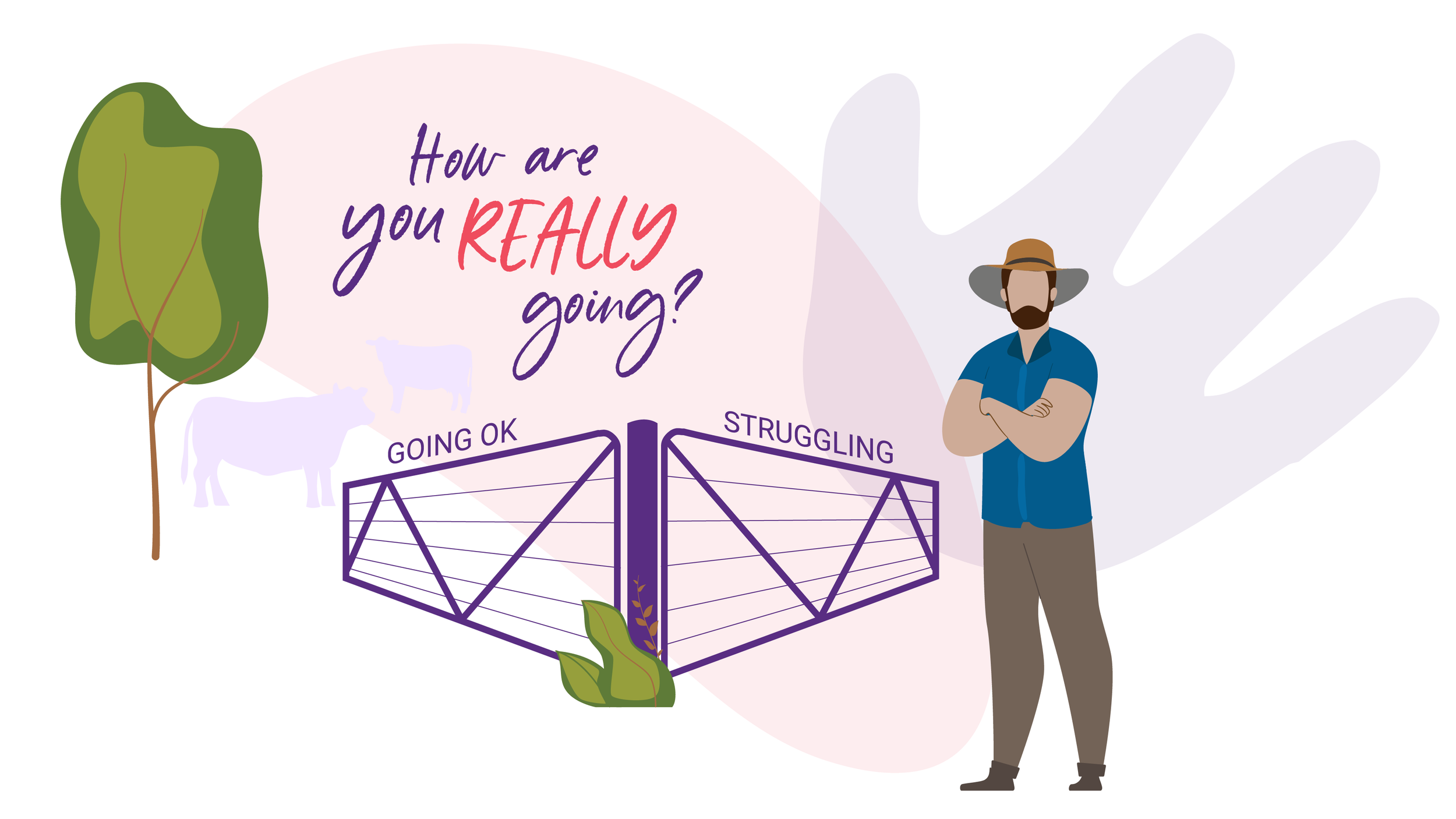I’m Worried…
You are not alone
What are the signs and symptoms to be worried about?
1. Feeling worried or anxious
Excessive and constant worry that interferes with life could be a sign of anxiety. Other symptoms of anxiety may include heart palpitations, shortness of breath, headache, restlessness, diarrhea or a racing mind.
2. Feeling depressed or unhappy
Losing interest in a hobby, seeming sad or irritable for a few weeks or more, lacking in motivation and energy or teary all the time; may be signs a person might be dealing with depression.
3. Emotional outbursts
Sudden and dramatic changes in mood, such as extreme distress or anger, can be a symptom of mental illness.
4. Sleep problems
Persisting changes to a person’s sleep patterns could be a symptom of a mental illness. For example insomnia; could be a sign of anxiety or substance abuse. Sleeping too much or too little could indicate depression or an eating disorder.
5. Weight or appetite changes
Fluctuating weight or rapid weight loss could be one of the warning signs of a mental illness, such as depression or an eating disorder. Other mental health issues can impact appetite and weight too.
6. Quiet or withdrawn
Withdrawing from life, especially if this is a major change, could indicate a mental health issue. If a friend or loved one is regularly isolating themselves, and refusing to join in social activities they may need help.
7. Substance abuse
Using substances, such as alcohol or drugs, to cope can be a sign of, and a contributor to, mental health issues.
8. Feeling guilty or worthless
Thoughts like ‘I’m a failure’, ‘It’s my fault’ or ‘I’m worthless’ are all potentially signs of a mental health issue, such as depression. Frequently criticising or blaming themselves is a sign the person may need help.
9. Increased risk taking behaviours or finalising
When someone takes risks outside of ‘their character’ or ‘their norm’. They may have an increased need to finish or finalise loose ends, such as paying old outstanding accounts or returning borrowed items, again ‘out of character’. Unexpectedly happy or seem at peace.
10. Changes in behaviour or feelings
Changes such as an unusual drop in functioning, difficulty performing familiar tasks, problems with concentration, memory or logical thought, and speech that are hard to explain.
If you feel any of these symptoms, reach out:
Talk to someone you trust
Contact your GP, a counsellor, psychologist or psychiatrist
Visit a hospital emergency department
Contact one of the crisis numbers below

